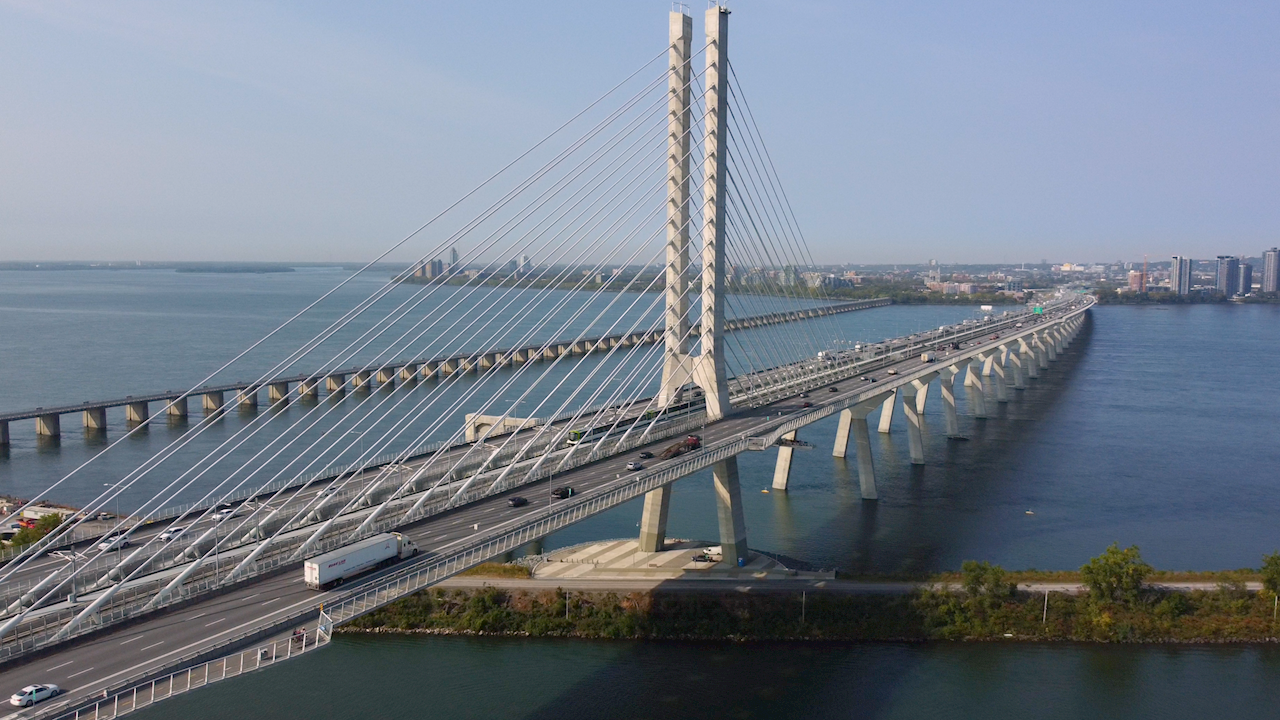
The chief executives of AT&T and T-Mobile USA appeared before a Senate antitrust subcommittee this week to defend their proposed $39 billion merger.
AT&T (the second largest wireless provider in the United States) announced in March its intention to acquire T-Mobile USA (the fourth largest) from Deutsche Telekom to overtake the current market leader Verizon Wireless.
AT&T Chief Executive Randall Stephenson and T-Mobile CEO Philipp Humm told senators that the merger would benefit consumers by allowing the combined company to deliver next-generation wireless service to more people than they could provide separately as available airwaves become scarce.
They also said the improved and expanded service would continue to drive prices down and help increase high-speed wireless Internet access, which the Obama administration supports.
"It's a very basic concept that, in any industry, greater capacity is a fundamental driver of competition," Stephenson said. "Over the last decade, US wireless prices have steadily come down, and this transaction will allow that to continue."
Senators are skeptical, however, as the proposed merger would result in AT&T and Verizon between them controlling nearly 80 percent of the market, creating a virtual duopoly, with the only other national wireless provider, Sprint Nextel, relegated to a distant third place. Such a scenario could easily lead to higher prices, they warn. "I fear that, if approved, the merger would take us … one step away from the monopoly market we had under Ma Bell," said Sen. Al Franken (D-Minn.).
The proposed merger is being reviewed by the Justice Department and the Federal Communications Commission, and although Congress has no direct involvement in the decision making process, the opinions of Senators are sure to carry some weight.
Deutsche Telekom CEO Rene Obermann said on Thursday that he was confident the transaction would be completed in the first half of next year. If it fails, however, AT&T is likely to have to pay a $6 billion figure in compensation to T-Mobile USA’s German parent.













